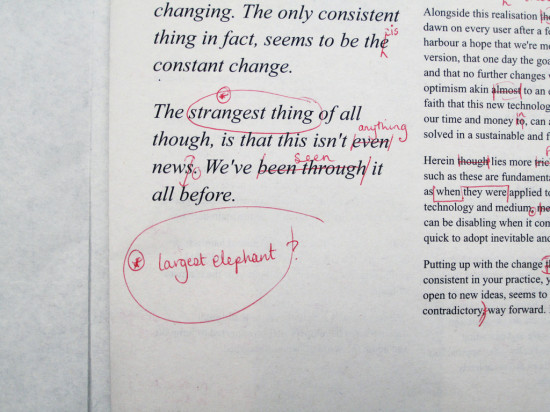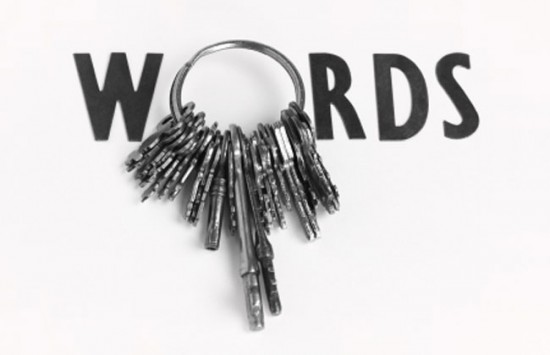How to Proofread Your Writing

For many people, one of the most difficult aspects of writing is the proofreading process. If you have been working on a paper or a writing assignment for a long period of time, it’s easy to read words into your writing that aren’t there and accidentally miss grammatical mistakes within the writing. One of the best ways to prevent this is to get someone to proofread your writing, since they look at it from a completely fresh perspective. The issue for many, however, is that there often isn’t someone around who’s willing or able to proofread your writing. If you find you often miss mistakes when proofreading and can’t get someone else to proofread it, there are a few steps you can take which will give you a better chance of catching your writing errors.
Walk Away
One of the best steps you can take when proofreading your own work is to take some time away from it, even if that is only for an hour or two. A full day or two is even better and one of the reasons you should learn to not procrastinate. When you try to proofread as soon as you finish writing, you still have it in your head what you meant to say, and this can often overwrite what’s actually on the pages. Taking some time away will allow you to read your writing with “fresh eyes” and will make it much more likely you’ll spot errors.
Listen to Your Text
If you don’t have time to walk away for a bit of time, listen to your writing instead of reading it (you can use the proofread tool available on wordcounter). Switching things up so you listen to what you wrote instead of reading it will again will make it more likely you will catch your mistakes rather than if you reread the text.
Print and Read
Another way to increase the chances of catching mistakes is to print out your writing instead of proofreading it on the computer. Trying to proofread on your computer makes it easier to miss mistakes than when you proofread with the writing physically in front of you.
Read from Bottom to Top
An effective way of proofreading which forces you to look at the writing from a different perspective is to proofread from the bottom to the top. Instead of proofreading as one would normally read the writing, start at the bottom and read towards the top. It won’t make any sense, but that’s the point. It will force you to look at the individual words written, rather than skimming over sentences.
Read It Out Loud
Another way to increase your chances of finding mistakes when proofreading is to read your writing out loud instead of silently in your mind. Reading silently increases your chances of inserting skipped words that aren’t on the paper but you meant to write. Audibly saying the words makes it much more difficult to skip over these types of mistakes.
Don’t Do Everything at Once
When you do sit down to proofread, don’t try to correct all the problems in a single read through. Instead, concentrate on a specific aspect you want to make sure is correct. For example, concentrate on word choice for the first read through. Then concentrate on finding grammatical errors and sentence structure mistakes on the second read through. For the third reading, look specifically for spelling mistakes. Yes, this means you are going to have to read through your writing several times instead of a single time, but that will also make it much more likely you’ll find all the mistakes you may have made.
Use Spellcheck and GrammarCheck
Using a spell checker can help you spot words which have been repeated, words which have reversed letters and other common spelling mistakes, but you should never rely on it as the only proofreading you do. While a spell checker is great for its specific job, it fails at a lot of other things, especially when it comes to grammar. “There” is spelled correctly, but it’s still wrong if the proper word for a sentence is “their.” A grammar check can help out with these mistakes. Both are tools which can help you find errors you may miss on your own, but they don’t replace actually rereading your writing and looking for mistakes.
Make a Proofreading Checklist
You know your weaknesses better than anyone else, and you should make a checklist of these weaknesses. This will allow you to double and triple check these areas of your writing when you proofread. If you don’t currently know your writing weaknesses, begin to pay attention to the remarks when you get assignments back so you can create the checklist. By paying special attention to the writing areas where you tend to be weakest, you’ll improve and make sure you aren’t consistently making the same writing mistakes on your papers.
(Photo courtesy of With Associates)




